Outrage as Kenyan Expert at Bristol University Faces Visa Denial for Six-Year-Old Daughter
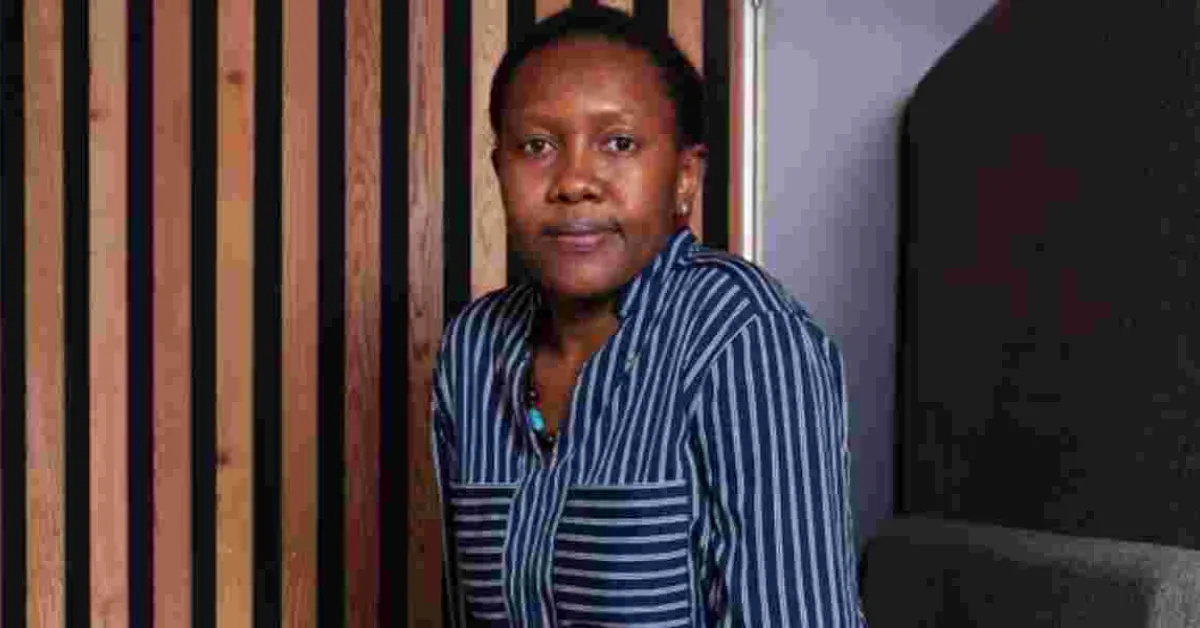
Dr. Doseline Kiguru, an esteemed scholar of global literature from Kenya, was elated upon securing a permanent position at Bristol University.
Nevertheless, her happiness was utterly destroyed the previous week when her six-year-old daughter was refused the chance to come to the UK by the Home Office. The choice, labelled as an act of incomprehensible harshness by furious colleagues, raises worries about the government's evident prejudice against intellectuals from developing nations, despite Rishi Sunak's commitment to establishing Britain as a top scientific force. This occurrence brings to mind two comparable incidents in 2019 when the Home Office was forced to overturn its verdict to prohibit two female scholars at Oxford University from entering the country due to widespread condemnation from the international academic community.
While it is widely considered common in academic circles for the children of researchers to be prohibited from joining them, many parents are hesitant to publicly share their personal experiences. Reflecting on this situation, Kiguru expressed her deep sorrow over the severe ban imposed on her daughter, emphasizing the immense feelings of loneliness and isolation her child experiences in Kenya. Each day, her daughter anxiously asks when her mother will come to bring her back home, causing Kiguru great distress as her daughter believes she has been abandoned. In 2021, Kiguru came to Bristol as a research associate for a £1.3m EU-funded project focused on promoting literary activism in Africa. Due to the nature of her work, which requires extended stays in Kenya, it was decided that her daughter would remain there.
However, after securing a permanent position as a lecturer, she decided to embark on a fresh start in the United Kingdom alongside her daughter. Regrettably, her husband, who is also an academic, is unable to take care of their child due to frequent travel for research purposes but has plans to eventually join them in the UK. In July, Kiguru returned to Kenya with the expectation that her daughter's visa application process would go smoothly. She had already enrolled her in a primary school in Bristol for September and even purchased her school uniform. However, it wasn't until November, when Bristol University intervened, that Kiguru discovered her daughter's application had been rejected in October. Now, with only a week left, she must challenge this decision. The rejection from the Home Office stated that there were no "compassionate grounds" to allow the child to be with her mother.
A colleague, who prefers to remain anonymous due to fears of reprisal from the Home Office, has voiced her support for Kiguru's plea. She was taken aback by the Home Office's insinuation that Kiguru willingly abandoned her daughter, viewing it as a hostile rationale rooted in racism and misogyny. Madhu Krishnan, a professor at Bristol University, characterizes the decision to separate a young child from her mother based on flimsy grounds as an unspeakably cruel act, regrettably becoming all too common in recent times. Krishnan underscores Kiguru's esteemed status as a globally recognized scholar and emphasizes the impact her departure would have on the academic community in the United Kingdom.
As per a recent analysis by the Royal Society, academic visas are frequently denied due to grounds that lack consistency and objectivity. The study shed light on the substantial contrast in visa rejection rates between African nationals and individuals from East Asia, with African nationals facing a three to fourfold higher likelihood of rejection. The upcoming increase in visa fees, which is expected to be implemented soon, has faced widespread societal condemnation for its perceived unjustness and the added burden it imposes.
Esteemed researchers who desire to come to the UK are becoming increasingly worried about the rising costs they may encounter. These expenses could be up to ten times higher than those in other leading scientific nations. Sir Adrian Smith, president of the society, stresses the urgent need for actions to be taken to remove these barriers.

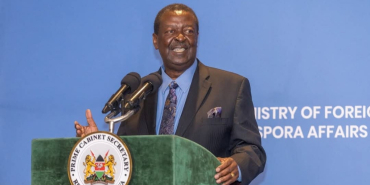

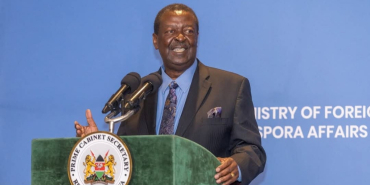
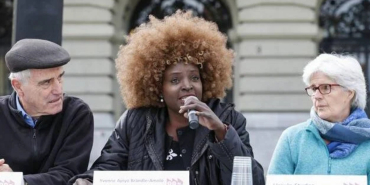

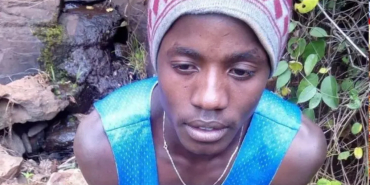

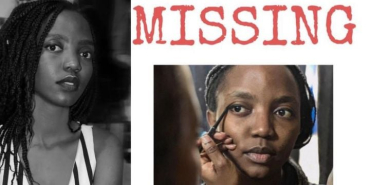





Comments
The Bottom line is Money …
Permalink
The Bottom line is Money ,your kid is not gonna generate any so do the math.
If it's about money,can you…
Permalink
In reply to The Bottom line is Money … by A GIRL TOTO (not verified)
If it's about money,can you explain to me why the rate of rejection is 3 to 4 times high when it comes to Africans?
She is educated. Let her not…
Permalink
She is educated. Let her not stress she can go back in kenya and lecture our boys and girls in kenya. Her daughter is important than UK. Otherwise she can live a better live in kenya than UK.
They'll come visa free. Ruth…
Permalink
They'll come visa free.
Ruth government is also planning to open gates for Naija scammers, Somali terrorists, unknown people who'll come in to rearrange the order of things.
Add new comment